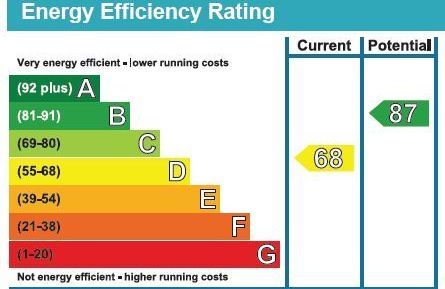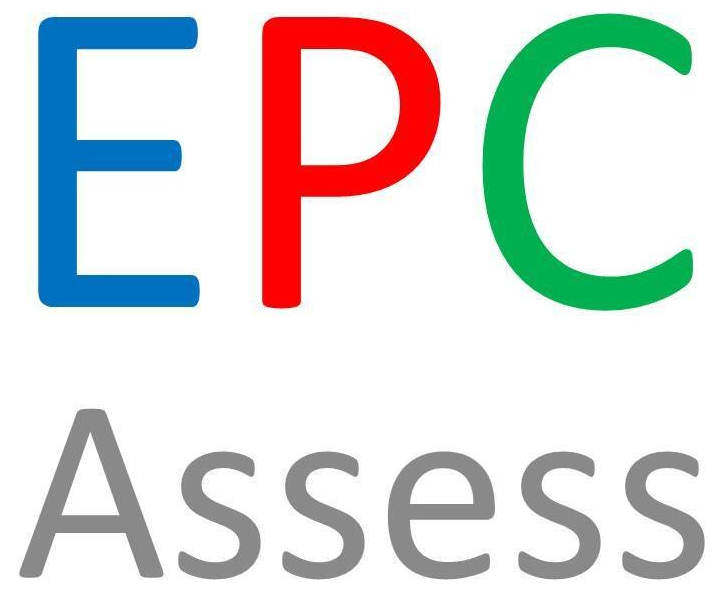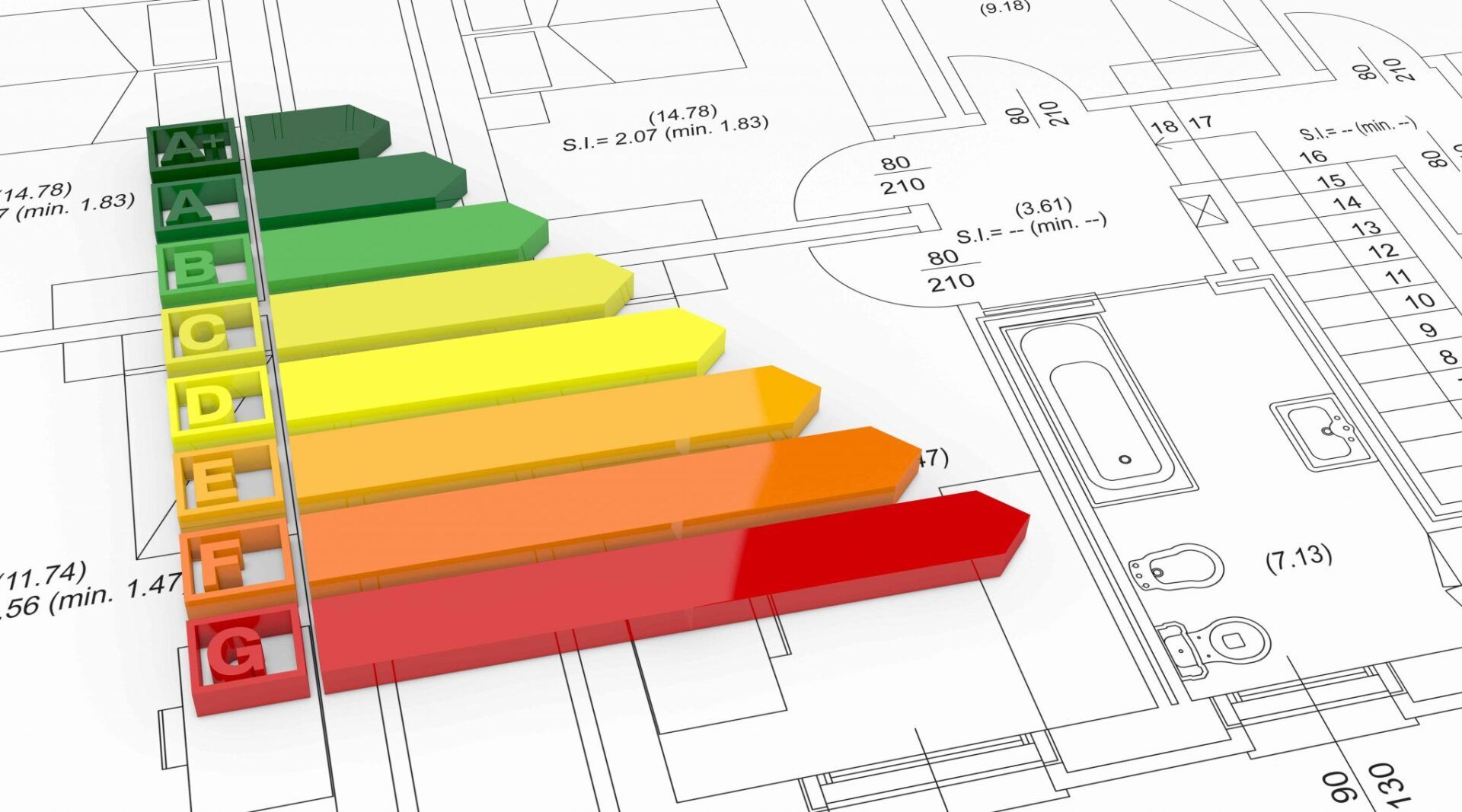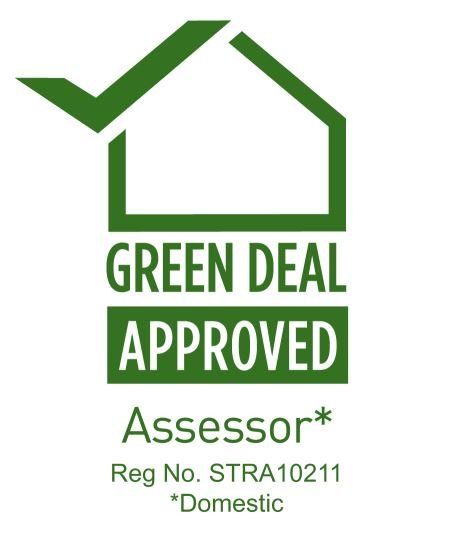EPC
EPC START FROM £49.99 (no vat)*
EPC
What is an EPC ?
An EPC (Energy Performance Certificate) is a legal requirement for all properties which are sold, rented (built, converted or extended) within the UK and gives the building an 'energy efficiency rating' on an 'A' to 'G' scale.
Who can provide you with an EPC ?
A Domestic EPC can only be produced by an accredited Domestic Energy Assessor (DEA) and is valid for ten years. Once produced, it is lodged on the Government’s National EPC Register and is designed to give potential buyers and tenants of a property some basic information about the energy efficiency of the building, so they can better understand how much their energy bills might be.

EPC Assessment
Your EPC assessment should take about 30 - 45 minutes during which your assessor will measure your property and produce a floorplan noting features like windows, doors, heating and lighting types, wall thickness and loft insulation and he will take photo's of these features to confirm and back up his measurements as his work is regularly audited to ensure accuracy and consistency.
He may record the information that he collects by 'hand' or directly into a hand-held device such as an I-pad or mobile phone, either way the EPC assessment is a very standardised procedure requiring specific data to be inputted into the EPC software which means that an EPC produced for a property in one part of the country can be compared directly to an EPC produced for a property anywhere else in the country.
EPC Certificate
Once completed your EPC Certificate will show an Energy Rating for the property from A100 to G1 with A-ratings being the most energy efficient and G-ratings being least energy efficient.
In order to sell or rent a property in the UK you must achieve at least an E-rating.
The average energy rating for an typical domestic property in the UK is D60 however as new more efficient properties are built and improvements are made to the existing housing stock the UK average rating should generally improve over time.
Achieving an A-rating requires a great deal of forward planning and can be practical and cost effective for a new build but can be difficult to achieve in an older existing property even with a full, carefully planned 'retro-fit' (which is a Government scheme introduced to manage very high quality, whole house improvement projects).

Domestic EPC, Commercial EPC & SAP
There are different types of EPC Assessments for Domestic Buildings (RdSAP EPC), Commercial Buildings (SBEM EPC) and for New Buildings (SAP EPC).
Existing dwellings are assessed by a 'Domestic Energy Assessor' (DEA) but when a building is first created, it requires a much more detailed assessment called a SAP ASSESSMENT which in addition to producing an EPC Certificate also checks that the building complies with Part L of the Building Regulations and can only be conducted by an 'On Construction Energy Assessor' (OCDEA) or 'SAP Assessor.
Commercial Buildings (non-domestic) such as offices, factories and warehouses require a Non-Domestic or Commercial EPC which must be produced by a 'Non-Domestic Energy Assessor' (NDEA). New Commercial buildings must be assessed by a Level 4 NDEA.
Public Buildings such as libraries, hospitals and council buildings may also require an additional type of EPC which is displayed in the public areas to display the energy efficiency rating of the building to visitors and this type of energy certificate is called a DEC (Display Energy Certificate) and must be produced by a 'DEC Assessor'.
We produce EPC's for ALL Building Types.









